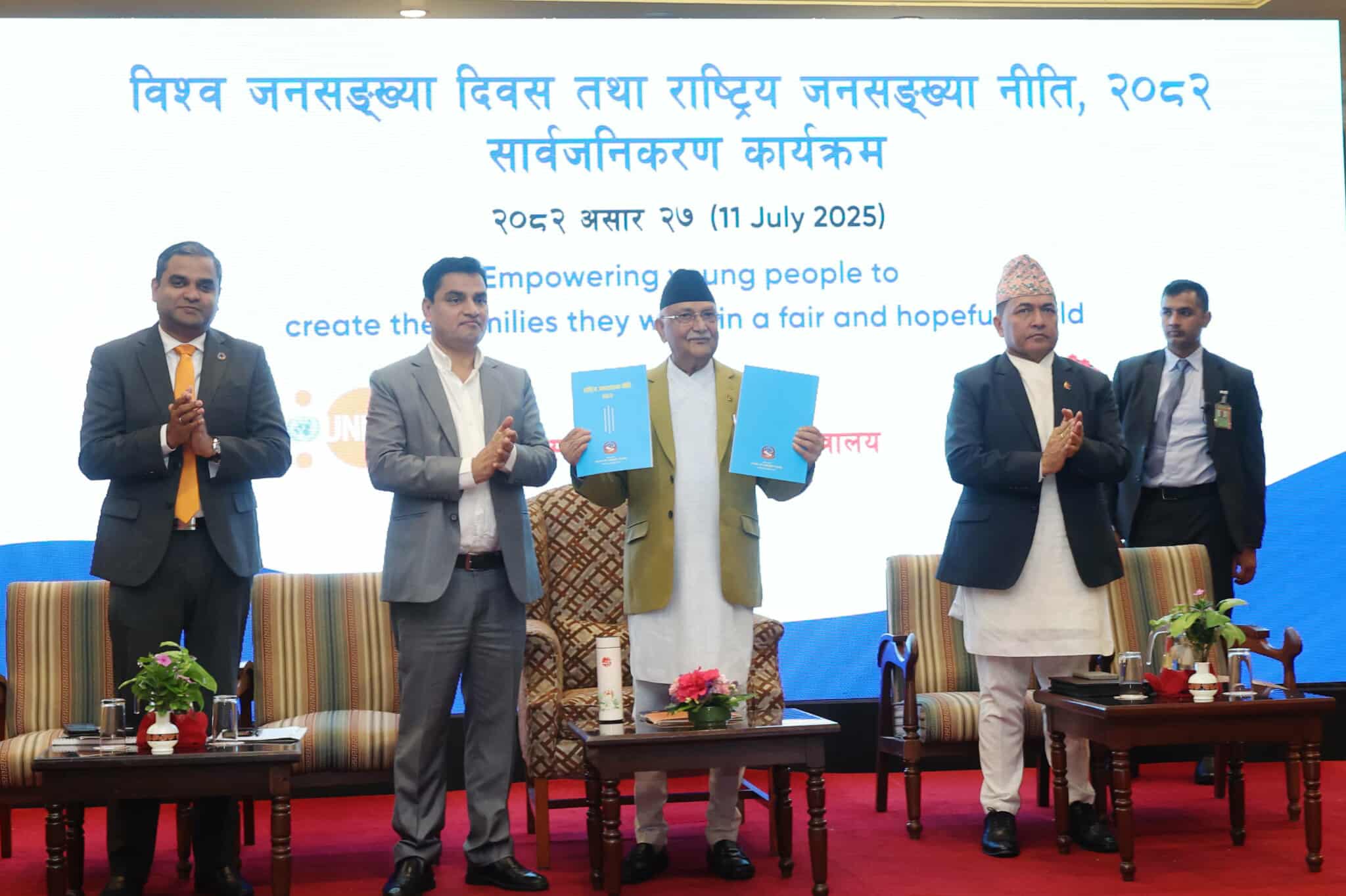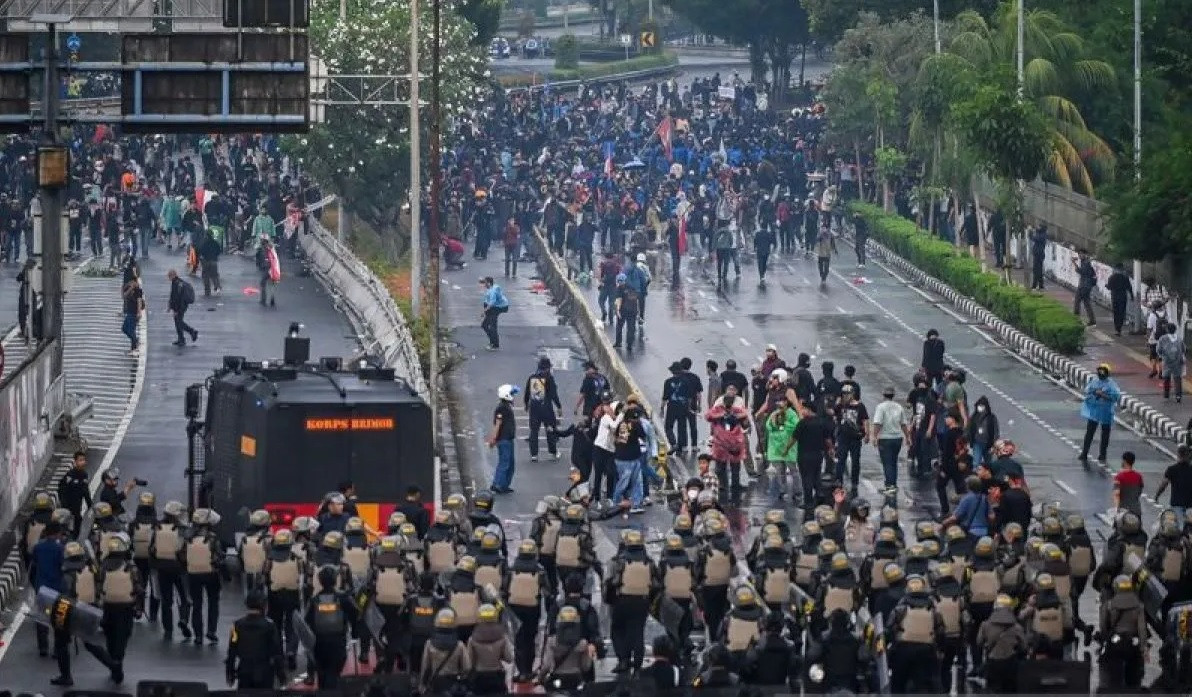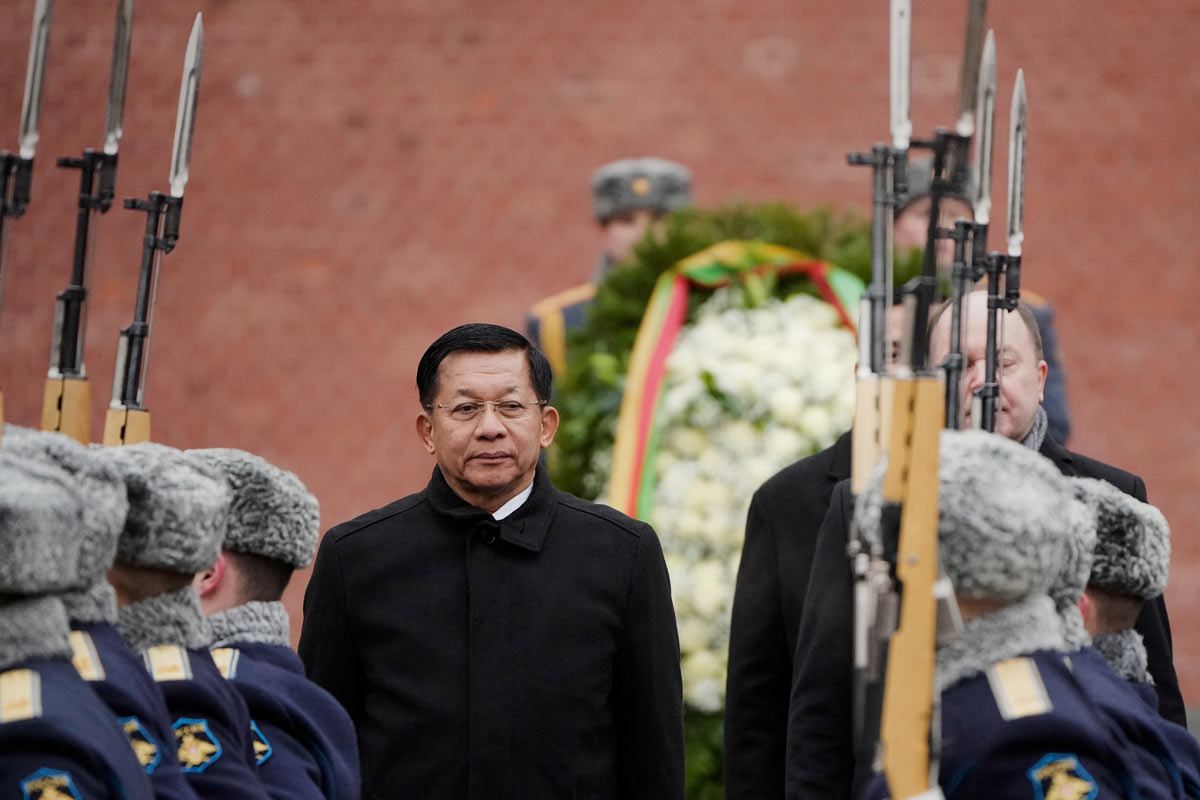The United States has deported five foreign nationals convicted of serious crimes—such as murder and child rape—to Eswatini under its revived “third-country” deportation policy initiated during the Trump administration. This move came after a June Supreme Court ruling allowed the U.S. to send migrants to countries with which they have no personal ties.
The individuals, from Vietnam, Jamaica, Cuba, Yemen, and Laos, were described by the Department of Homeland Security (DHS) as having committed “uniquely barbaric” crimes. The United States temporarily relocated them to Eswatini after their native countries declined to accept them.
Upon arrival, the men were placed in solitary confinement in isolated prison units, likely at the Matsapha Correctional Complex. Eswatini’s government has stated that they will eventually be repatriated through the United Nations’ International Organization for Migration (IOM), though the IOM has said it hasn’t been contacted yet.
Human rights groups and UN officials have condemned the practice, citing Eswatini’s poor human rights record—including prison overcrowding, torture, and political repression. There are serious moral and legal issues with using Eswatini as a temporary host, particularly in light of the deported people's lack of due process.
This case shows a broader U.S. strategy of sending migrants to third countries. Similar actions have occurred in South Sudan, and potential agreements are being discussed with countries like El Salvador, Rwanda, and Libya. Critics argue that working with countries that have poor human rights records could violate international law and put deportees at risk.
Despite claims from DHS and Eswatini that all procedures are being followed, the lack of independent monitoring and transparency has led to growing international criticism. As the U.S. expands this contentious program, advocacy groups are calling for more monitoring.












.jpg)
.jpeg)

.jpg)
-(1).jpg)
.jpg)
.jpg)
.jpg)
.jpeg)

.jpg)
.jpg)

.jpg)
.jpg)
.jpg)
.jpg)

